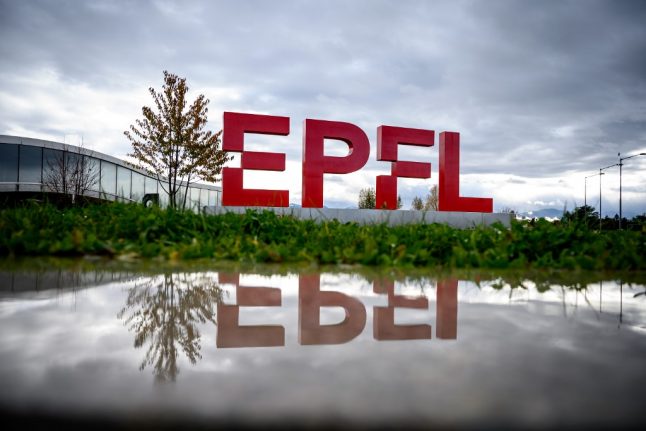Last month, the boy, identified as Max, got top marks in a high school graduation exam for mathematics, the daily Nordwestschweiz reported recently.
The prodigy, who lives in the canton of Lucerne, attends a high school in the canton of Schwyz with colleagues six years older than him, the ATS news agency reported.
But a bid by his father, a retired university professsor from Germany, to enrol him in math courses at ETH was rejected by the university, the news agency said.
“It’s not because of his age but because he does not have a high school diploma and has not passed an entrance exam,” ETH spokesman Roman Klingler told ATS.
“There does not exist either the possibility of choosing only certain courses and passing exams solely on this basis.”
However, ETH has agreed to allow the boy to audit certain courses at the university.
It has also offered to give advice to the gifted student and invited him to participate in an “Olympic Games” for mathematics, as well as a special week at ETH reserved for high school students.
Klingler said Max’s bid to study at the university was “out of the ordinary”.
While applications are received from gifted students there has never been one as young as nine before, he told ATS.
At Lausanne’s Federal Institute of Technology (EPFL), spokesman Daniel Chuard said a 12-year-old began studies at the university after graduating from high school.
He enrolled after passing his high school matriculation exams, Chuard said, according to ATS.
Students under the age of 16 remain a rarity at EPFL.
But the Lausanne university agreed with the family to a special framework of learning for the youngster.
“From the latest reports all is going well,” Chuard is quoted as saying by ATS.
However, he acknowledged that these sorts of cases raise the question of the acceptable limit for the healthy development of a child.
“We want our students to be capable of participating in the social life that we organize on the campus.”



 Please whitelist us to continue reading.
Please whitelist us to continue reading.
Member comments